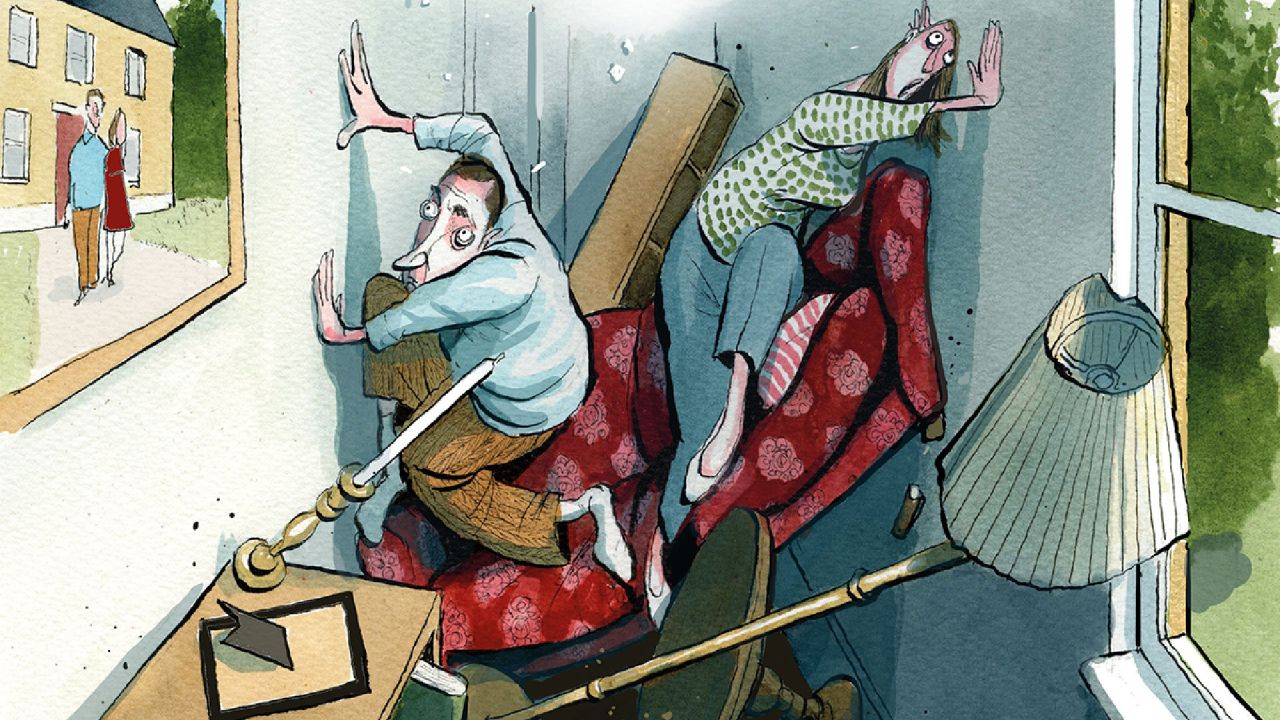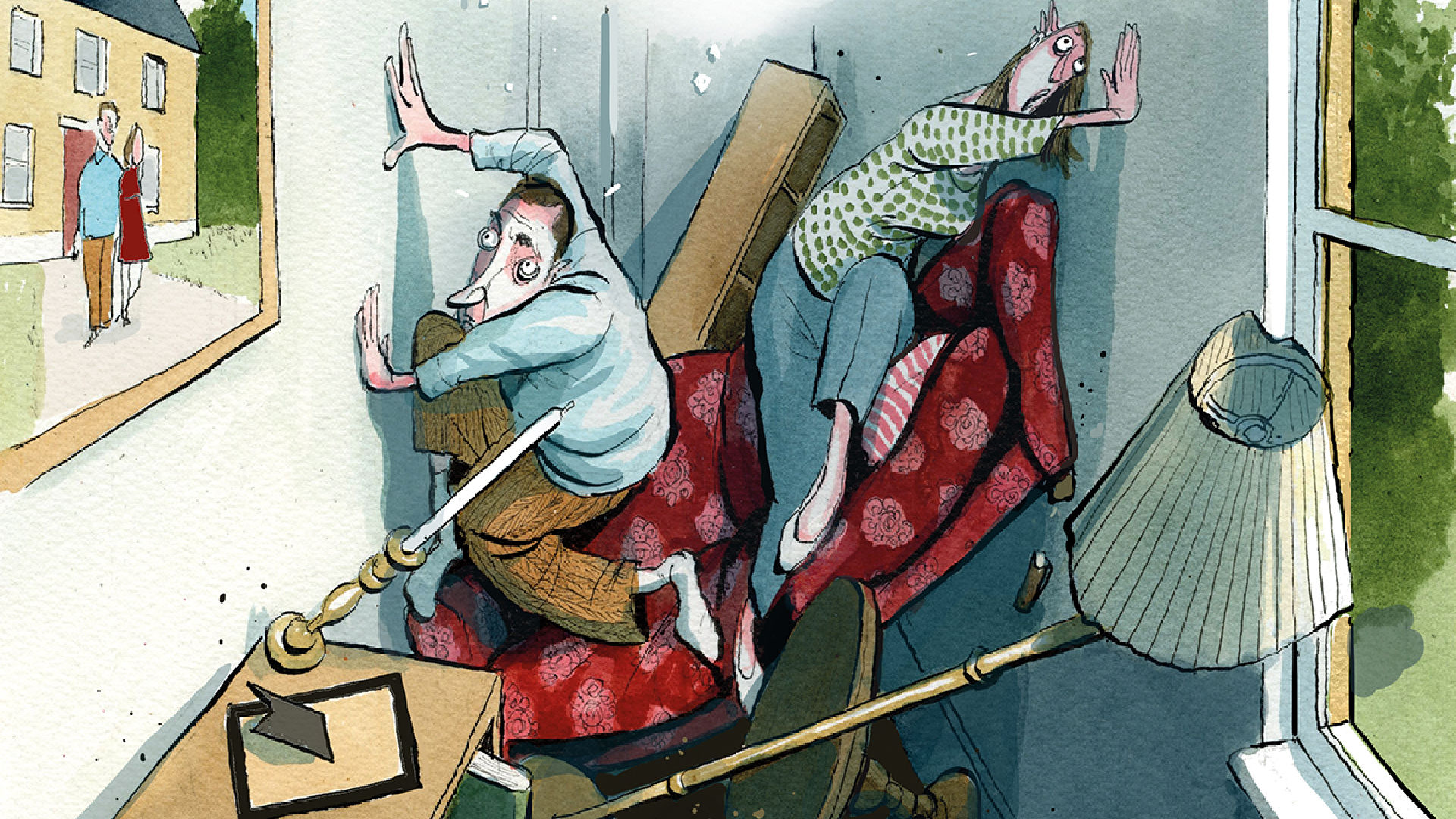I don’t trust a lot of what comes out of universities’ gender studies departments – which seem to me to be more political activism dressed up in academic clothing. But I am not quite convinced, either, of the scientific rigour behind the University of Zoopla’s claim that parents are being far more generous in gifting house deposits to their sons than they are towards their daughters. The property portal has put out a press release this week claiming that daughters are granted an average of £51,671 towards buying a home, compared with £65,004 for sons. The finding, it says, was based on a poll of 1,000 first-time buyers, 630 of whom had received some degree of financial help from their families.
That is, admittedly, a less interesting conclusion than the charge that British parents are a bunch of sexist bigots
Inevitably, it has given rise to claims of a ‘gender divide’ in house-buying, fed by sexism on the part of parents. Personally, I would like to see a bigger sample of homebuyers – and a sample which had been properly screened to ensure that it is a fair representation of the population – before jumping to those kinds of conclusions. But if it really is the case that daughters are being treated by the Bank of Mum and Dad less favourably than their brothers, what might the reason be for it?
According to Professor Marc von Grundherr (I’ve awarded him his academic chair; he is actually a director of estate agents Benham and Reeves, speaking on behalf of Zoopla), parents might be ‘more confident about letting a son climb the ladder’. He also surmises that maybe parents are offering more financial support for daughters in other ways – to pay for their weddings or their academic studies – and so there is less largesse available to help buy a home (significantly more females than males now go to university).
But there are another couple of theories that I would like to throw into the pot for the next learned conference on the gender deposit gap. In spite of boys apparently being granted more money to buy a home than daughters, there are still far more young adult males still living with their parents than there are young adult females. In 2023, according to the Office for National Statistics, there were 2.18 million men aged 20 to 34 still living in the parental home compared with 1.39 million women. Could it, therefore, be a case of increasingly desperate parents prepared to pay tens of thousands of pounds to get their adult sons off their hands – or off their sofas?
There is also the possibility that young men are prepared to take on more financial risk than young women. It might simply be a case of sons asking their parents for more because they have their eyes on a bigger house or flat. If daughters are being cautious, it might be that they don’t need as big a deposit – if you don’t ask your parents for money, then you are probably not going to get it.
What the Zoopla study doesn’t tell you is how many young adults are getting help with their rent – it only covers help for house-purchase. While there are more young males still living at home with their parents, there are also more of them buying a first home. When the ONS did an analysis of first-time buyers in 2015 to 2016, it found that 74 per cent of them were buying as couples, 18 per cent were single males and 8 per cent single females. Given the greater enthusiasm of men to get out of the rented sector and buy a home, it should not come as much of a surprise that they are receiving more help from their parents in order to do so. That is, admittedly, a less interesting conclusion than the charge that British parents are a bunch of sexist bigots who will shower their sons with bigger financial gifts than they will their daughters. The latter assertion is perhaps more in tune with the times.








Comments